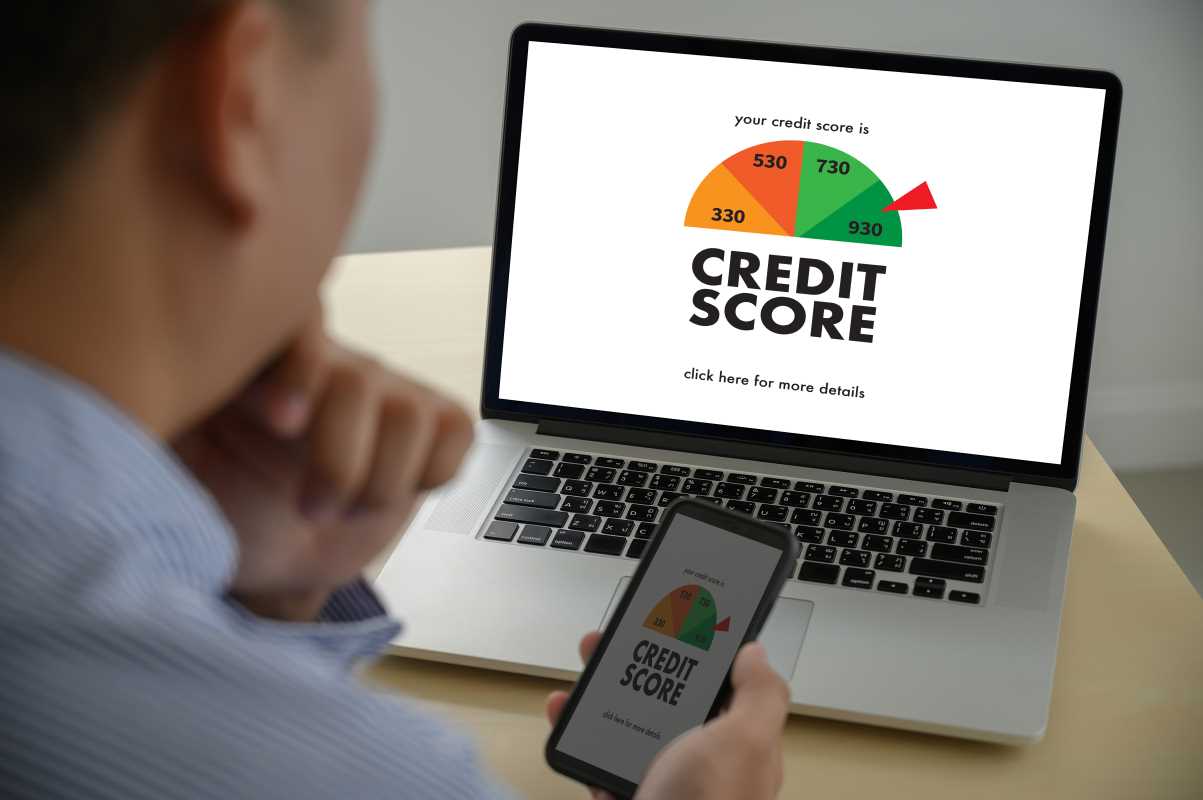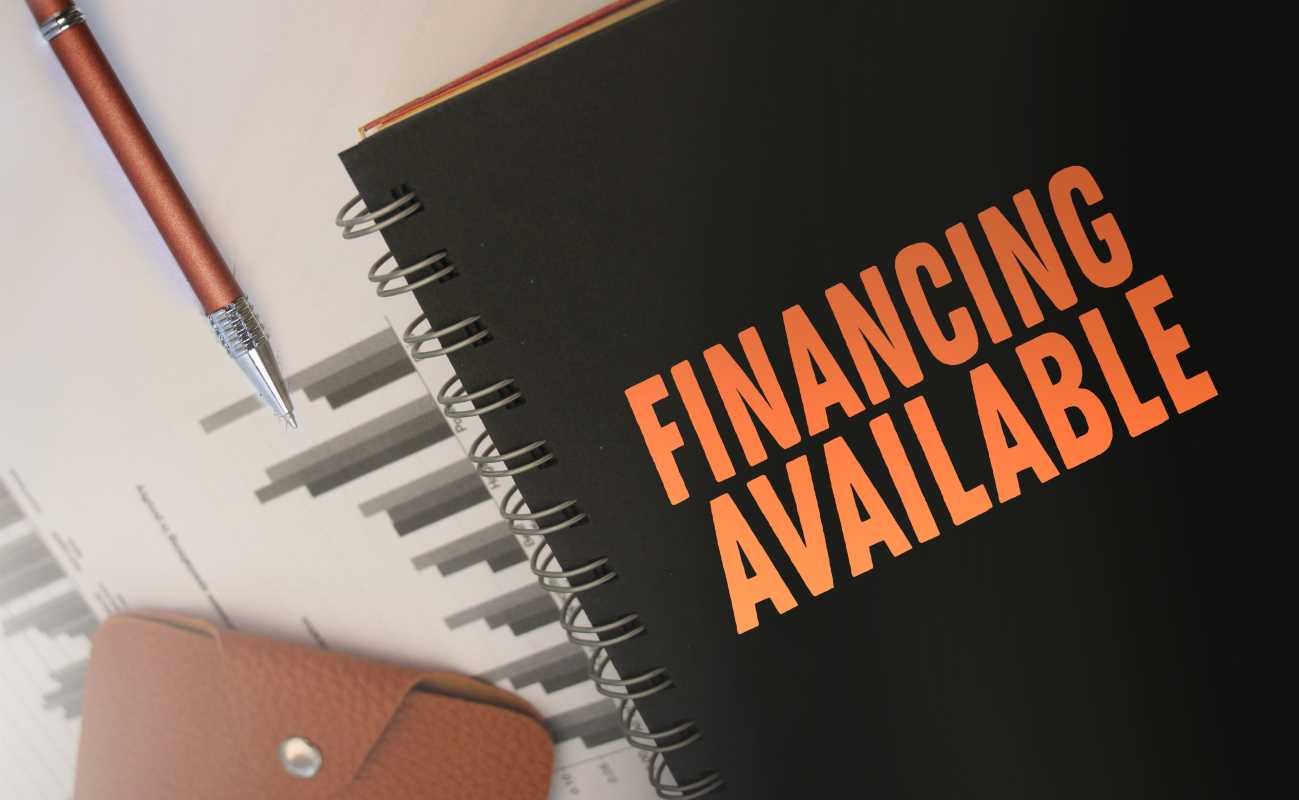When you start the process of buying a car, you probably focus on the exciting parts, like the model, color, and features. But behind the scenes, one of the most important factors determining what you can buy and how much you will pay for it is a three-digit number: your credit score. This number is a snapshot of your financial health, and lenders rely on it heavily to decide whether to give you a loan and what interest rate to charge. A good credit score can save you thousands of dollars over the life of your auto loan, while a poor one can make borrowing much more expensive or even impossible. This guide will explain how your credit score affects your auto loan and provide actionable steps to help you improve it quickly.
The Direct Impact of Your Credit Score
Your credit score has a direct and significant effect on two key parts of your auto loan: your approval odds and your interest rate.
Loan Approval
Lenders have different standards, but in general, a higher credit score means you are more likely to be approved for a loan. Borrowers with scores in the "prime" (usually 661-780) or "super-prime" (781-850) categories will likely have their pick of lenders. Those with scores in the "non-prime" (601-660) or "subprime" (below 600) ranges may find it more difficult to get approved and may have to work with lenders who specialize in higher-risk loans.
Your Interest Rate
This is where your credit score really hits your wallet. The interest rate you are offered is directly tied to the level of risk the lender believes you present. A lower risk (higher score) gets a lower interest rate, while a higher risk (lower score) gets a higher one.
Consider the financial difference this can make on a $30,000 car loan with a 60-month (5-year) term:
- Super-Prime Borrower (Score: 781-850): Might get an interest rate around 5%. Their monthly payment would be about $566, and they would pay approximately $3,968 in total interest.
- Subprime Borrower (Score: 501-600): Might be offered an interest rate around 15%. Their monthly payment would be about $714, and they would pay approximately $12,834 in total interest.
In this scenario, the borrower with the lower credit score pays an extra $148 every month and nearly $9,000 more in total interest for the exact same car. This shows how a good credit score is a powerful money-saving tool.
How to Improve Your Credit Fast
If your credit score is not where you want it to be, don't worry. You can take steps to improve it, and some actions can make a difference in as little as 30 to 60 days. While building excellent credit is a long-term process, these methods can give you a quick boost before you apply for a loan.
1. Check Your Credit Reports for Errors
Before you do anything else, get free copies of your credit reports from all three bureaus at AnnualCreditReport.com. Go through each report carefully and look for any errors. Mistakes are more common than you might think. You could find accounts that don't belong to you, late payments that were actually on time, or incorrect credit limits.
If you find an error, dispute it immediately with the credit bureau. By law, they must investigate your claim and correct any verified inaccuracies, usually within 30 days. Removing a negative error, especially something serious like a wrongful late payment or collection account, can raise your score quickly.
2. Pay Down Your Credit Card Balances
One of the most influential factors in your credit score is your credit utilization ratio. This is the amount of revolving credit you are using compared to your total credit limits. For instance, if you have a credit card with a $10,000 limit and a $5,000 balance, your utilization is 50%.
High utilization signals to lenders that you might be overextended. A good rule of thumb is to keep your utilization below 30%, but below 10% is even better. If your cards have high balances, making a large payment to lower them is one of the fastest ways to see a jump in your score. Credit card companies typically report your balance to the credit bureaus once a month, so this positive change can appear on your report relatively quickly.
3. Become an Authorized User
If you have a trusted family member with a long history of excellent credit, ask them to add you as an authorized user on one of their oldest credit cards. When you become an authorized user, the entire history of that account—including its age and on-time payment record—can be added to your credit report.
This can help your score in two ways: it increases the average age of your credit accounts and lowers your overall credit utilization. You don't even have to use the card for this to work. As long as the primary cardholder continues to manage the account responsibly, you benefit from their good habits.
4. Pay Your Bills on Time
Your payment history is the single most important component of your credit score, making up about 35% of your FICO score. A single late payment can cause a significant drop in your score and will stay on your credit report for seven years.
Make sure all your bills—not just credit cards, but also rent, utilities, and other loans—are paid on or before their due date. Set up automatic payments or calendar reminders so you never miss one. If you have recently missed a payment, get it paid as soon as possible. A payment that is 30 days late is bad, but one that is 60 or 90 days late is much worse.
5. Avoid Opening New Accounts
While it might seem tempting to open a new credit card to increase your total available credit, you should avoid applying for new credit in the months leading up to your car loan application. Every time you apply for credit, it results in a "hard inquiry" on your credit report, which can temporarily lower your score by a few points. A flurry of new applications in a short time can make you look risky to lenders.
 (Image via
(Image via





